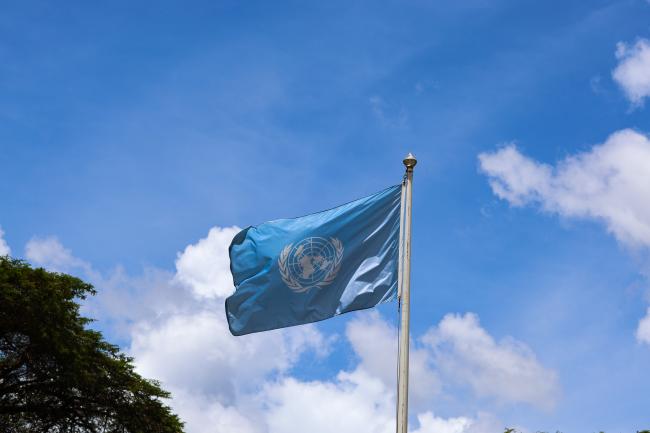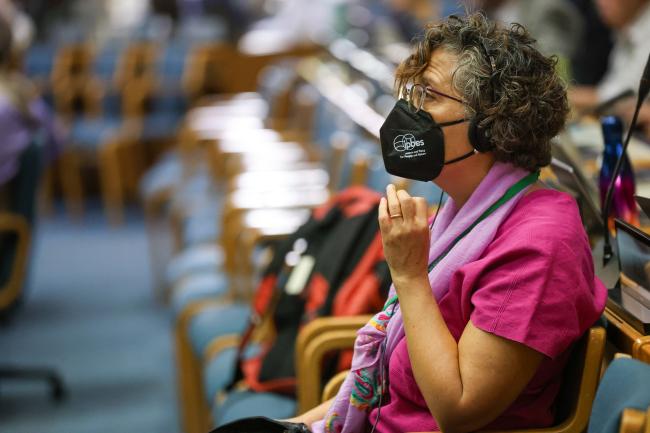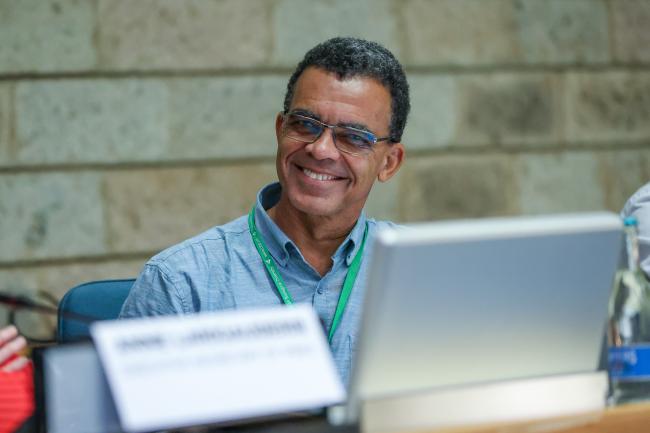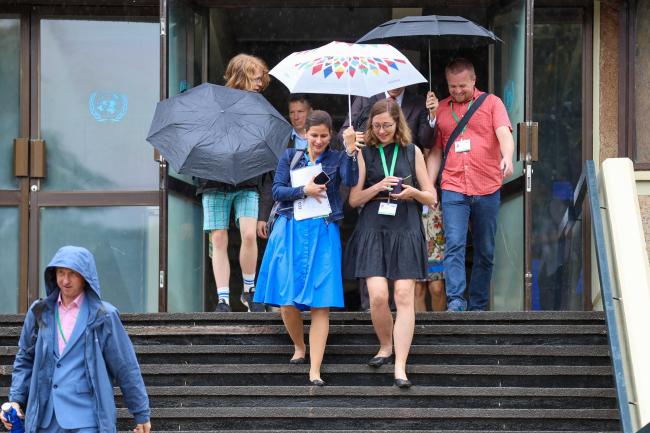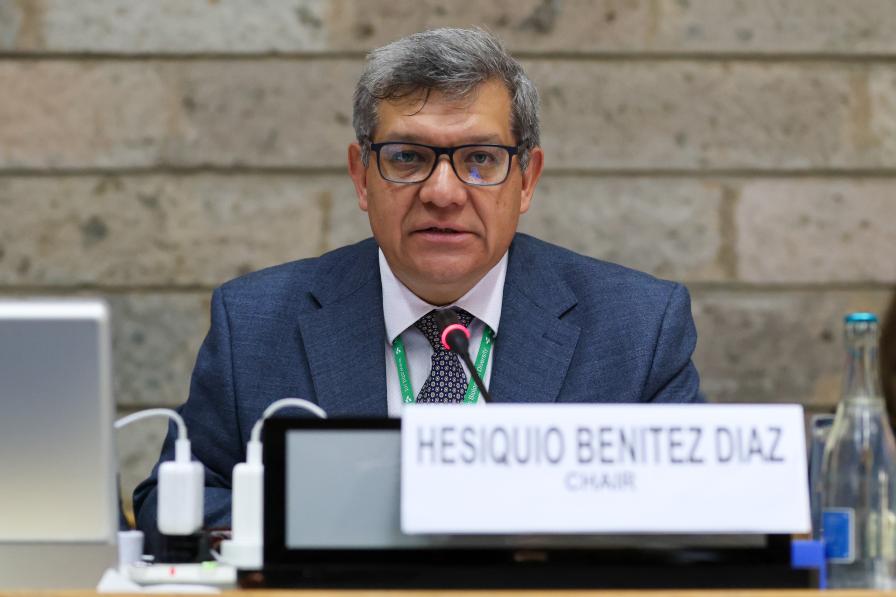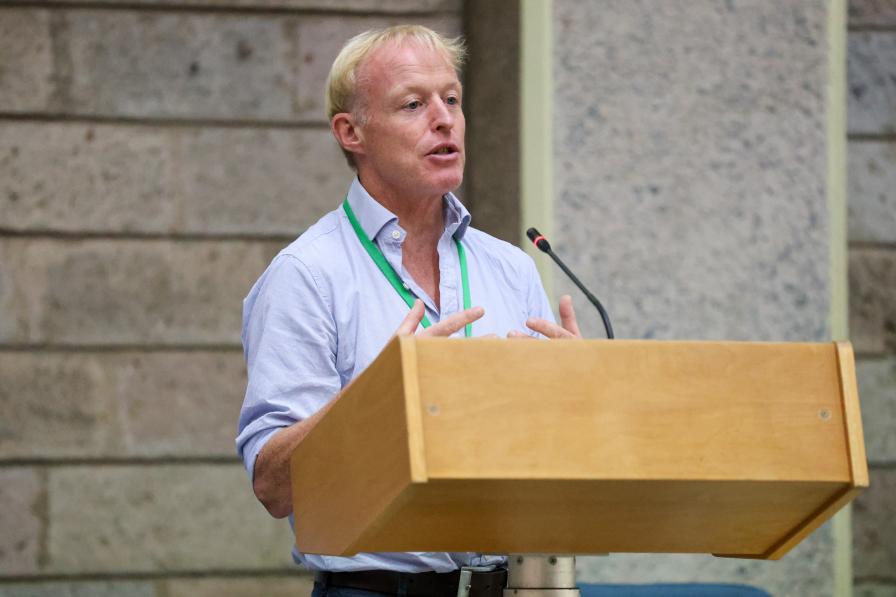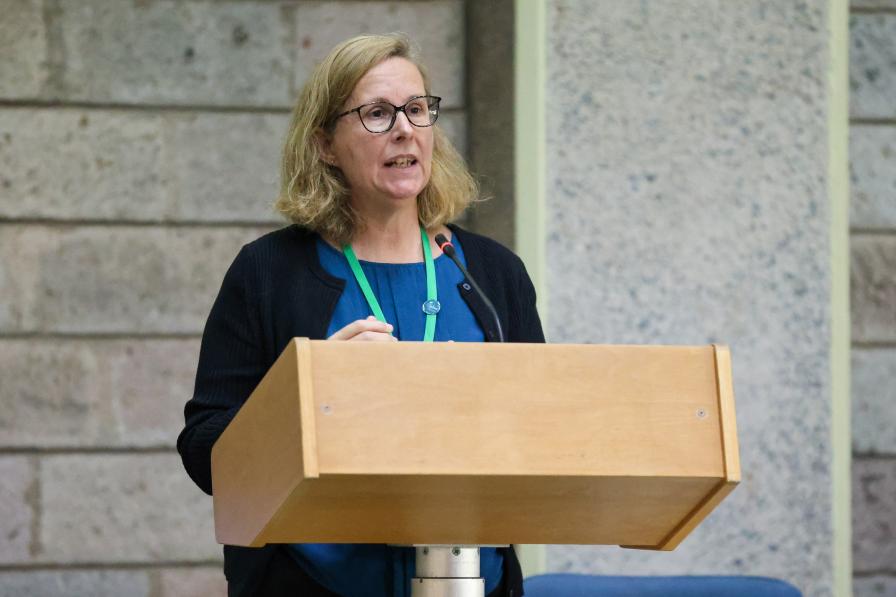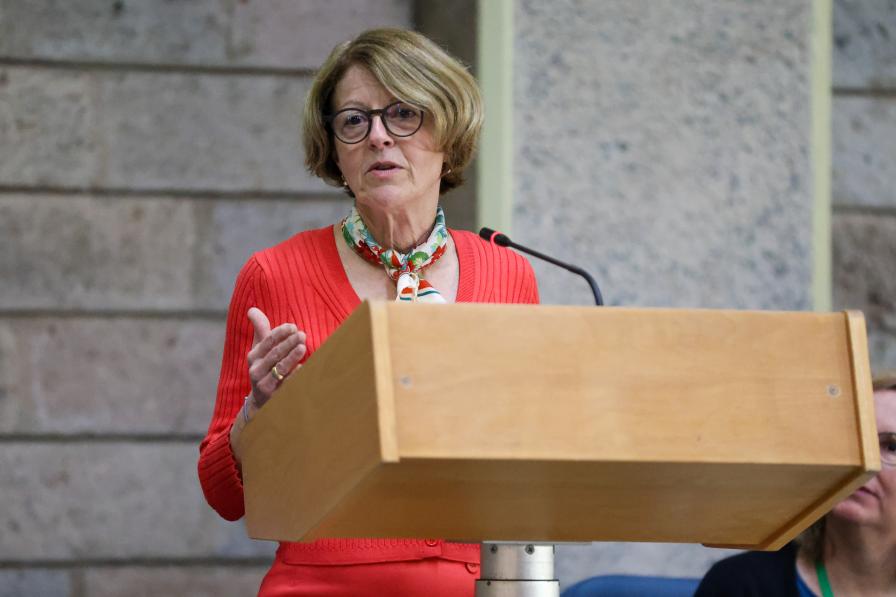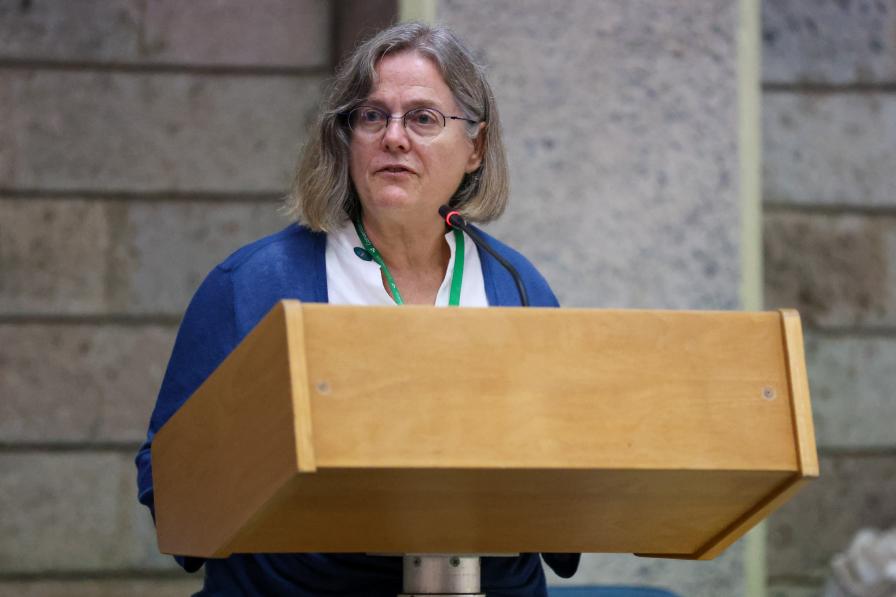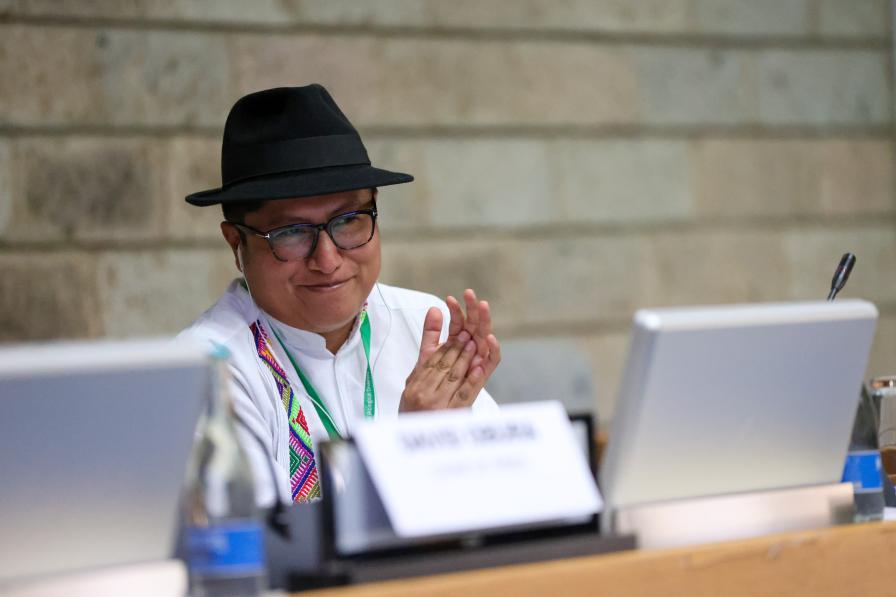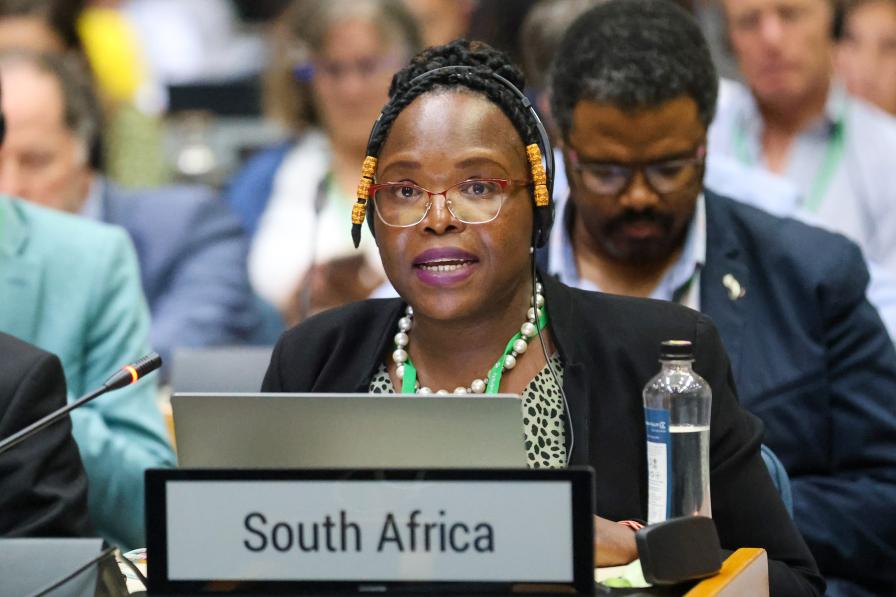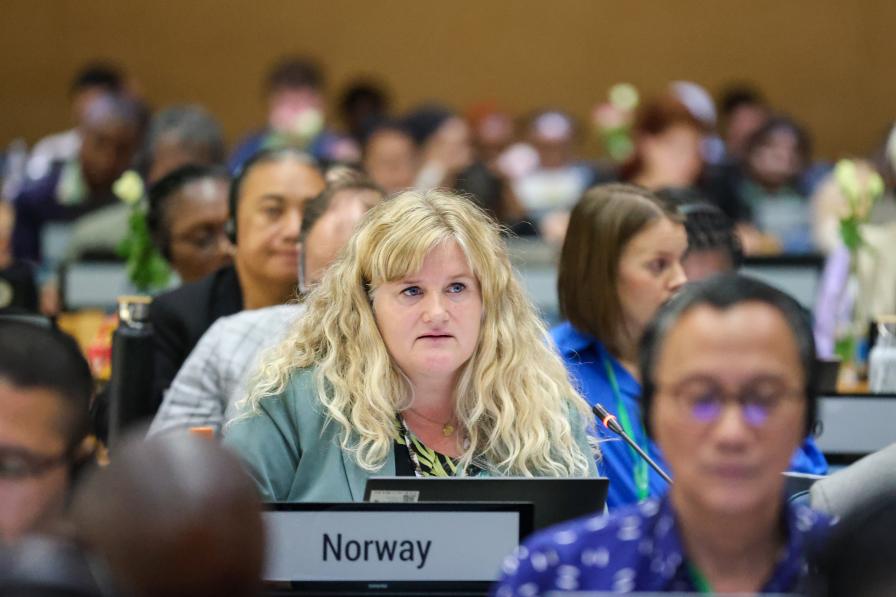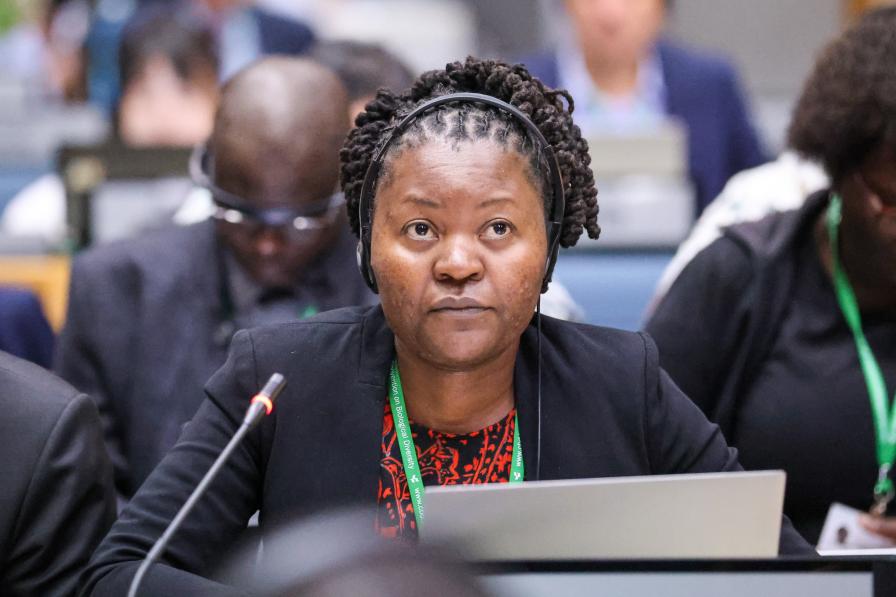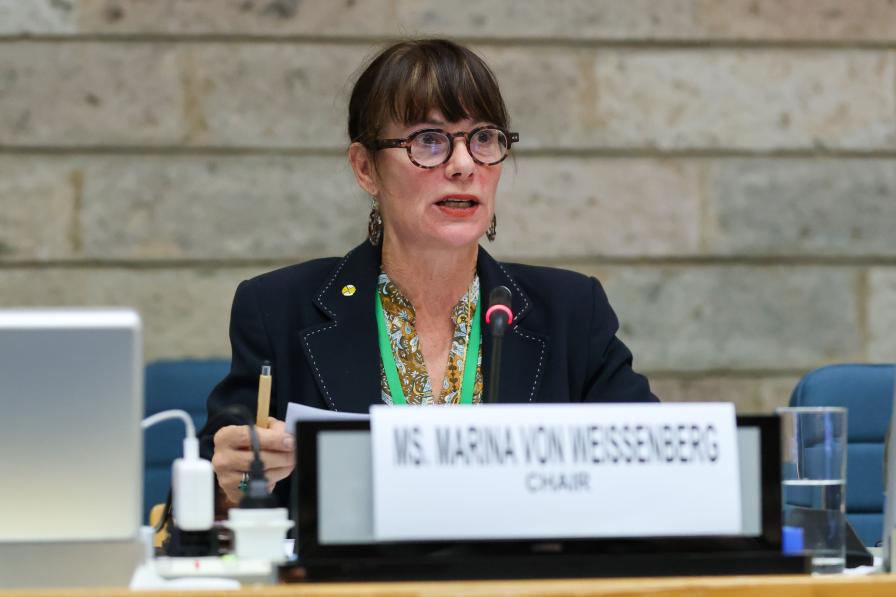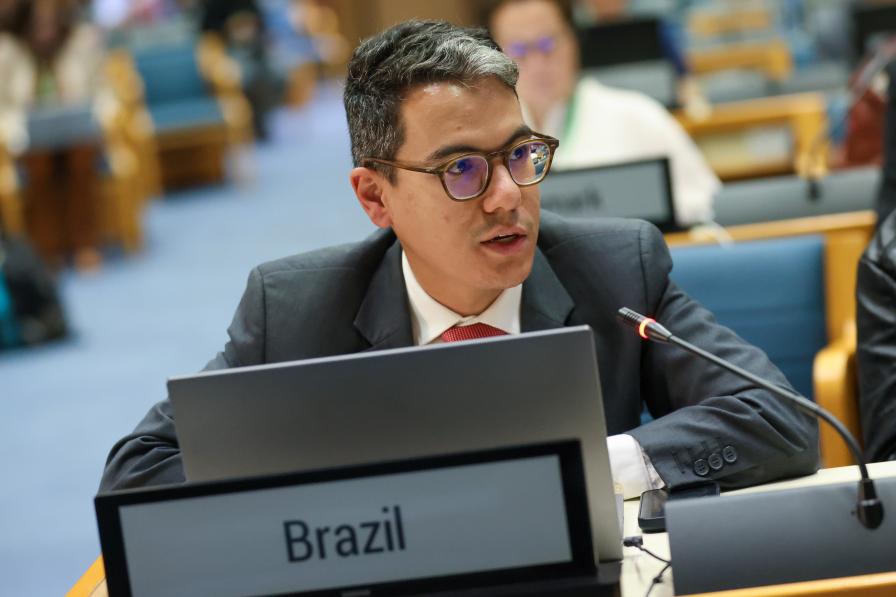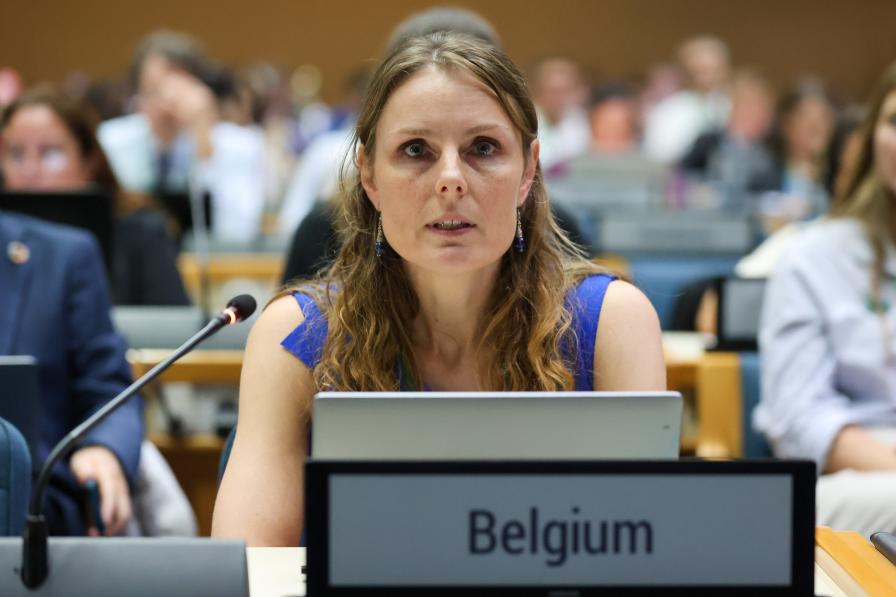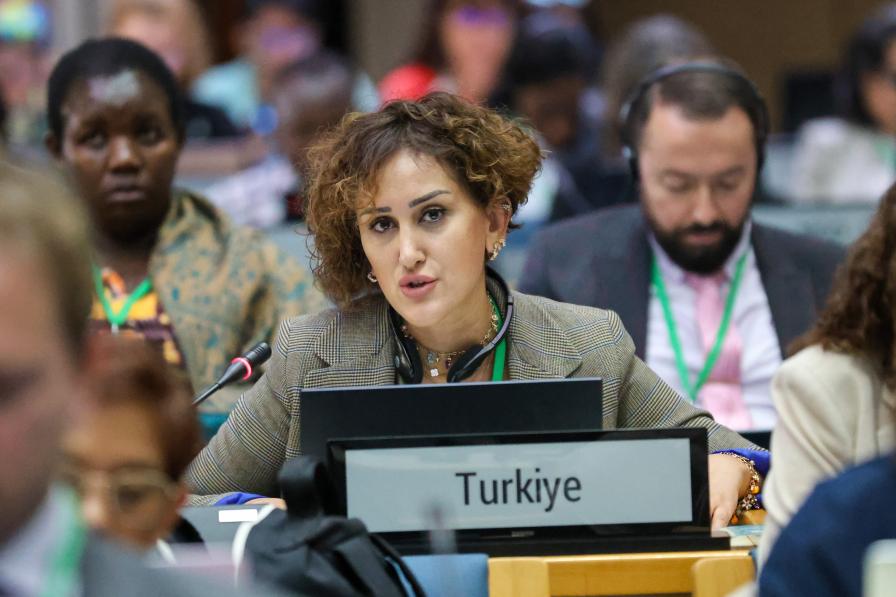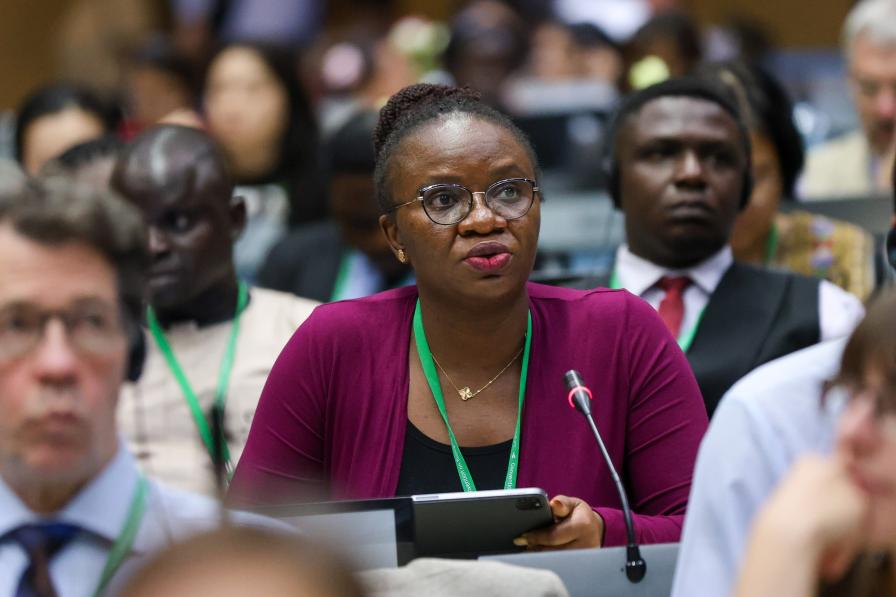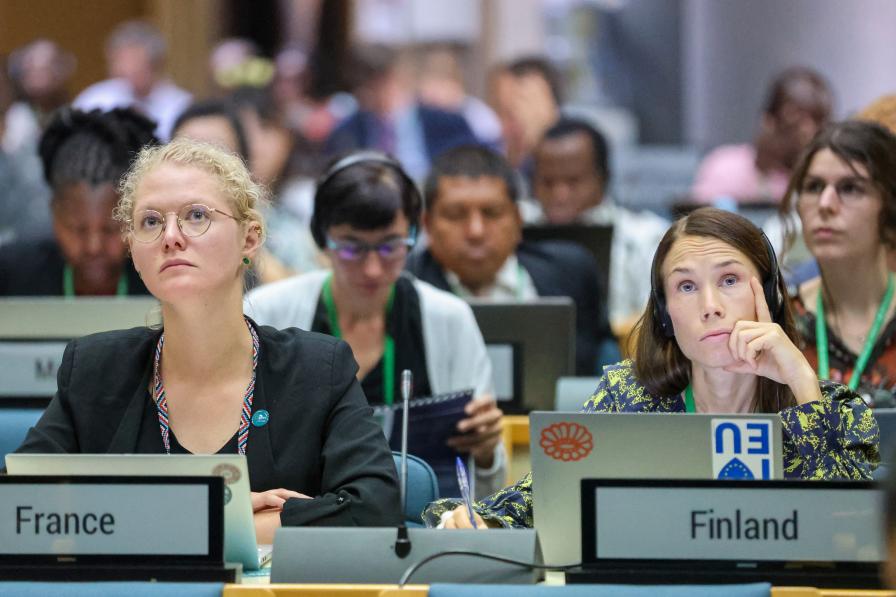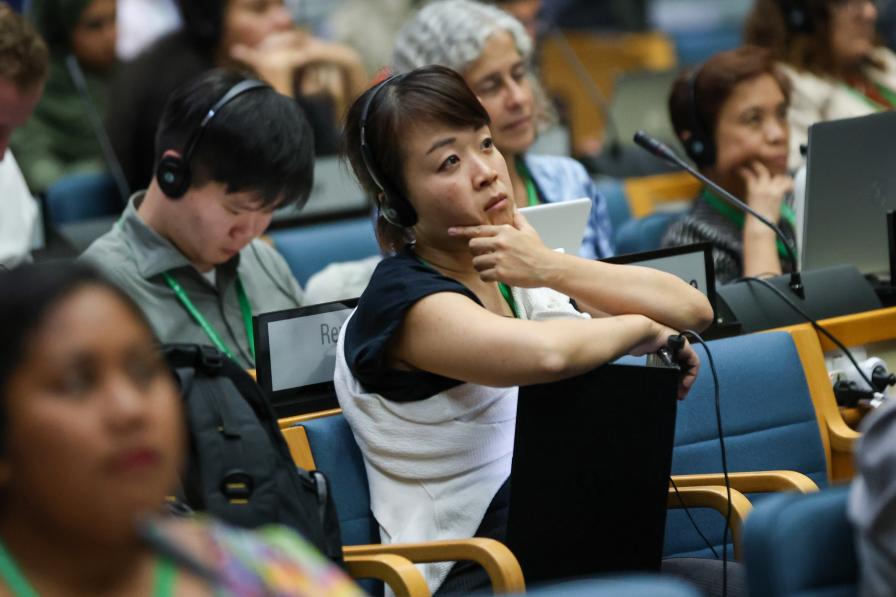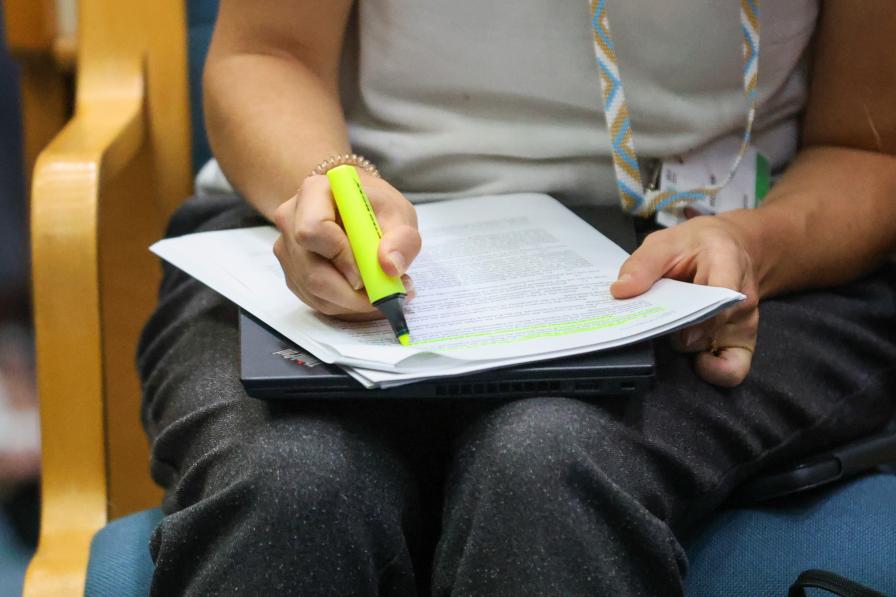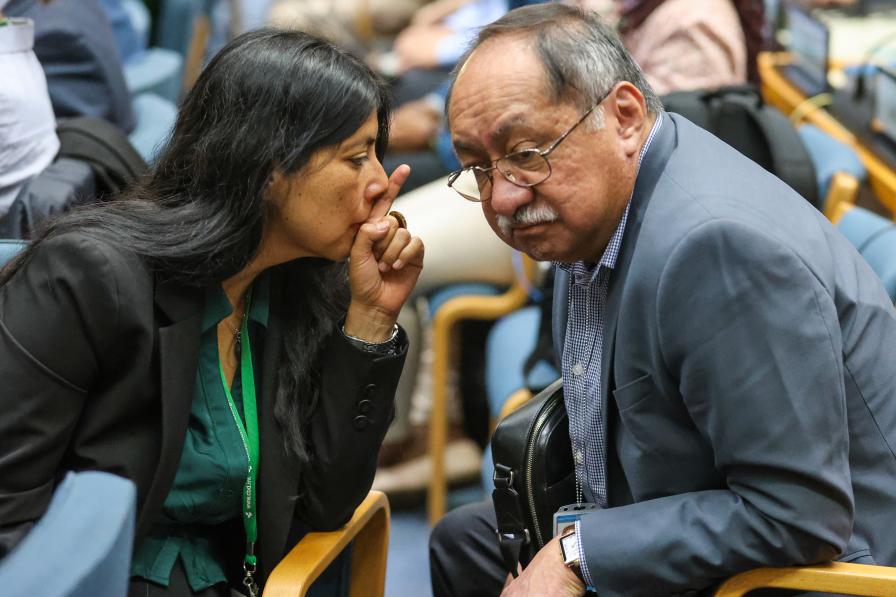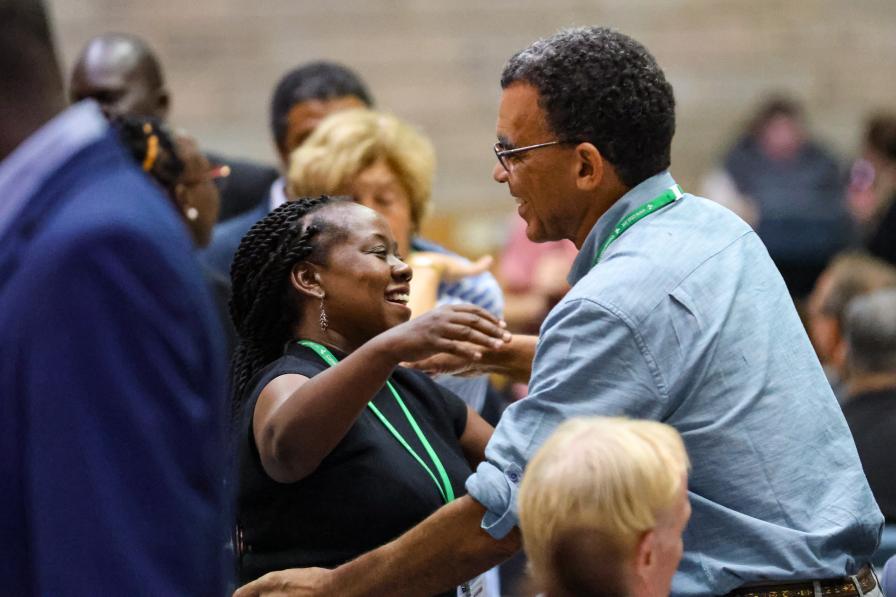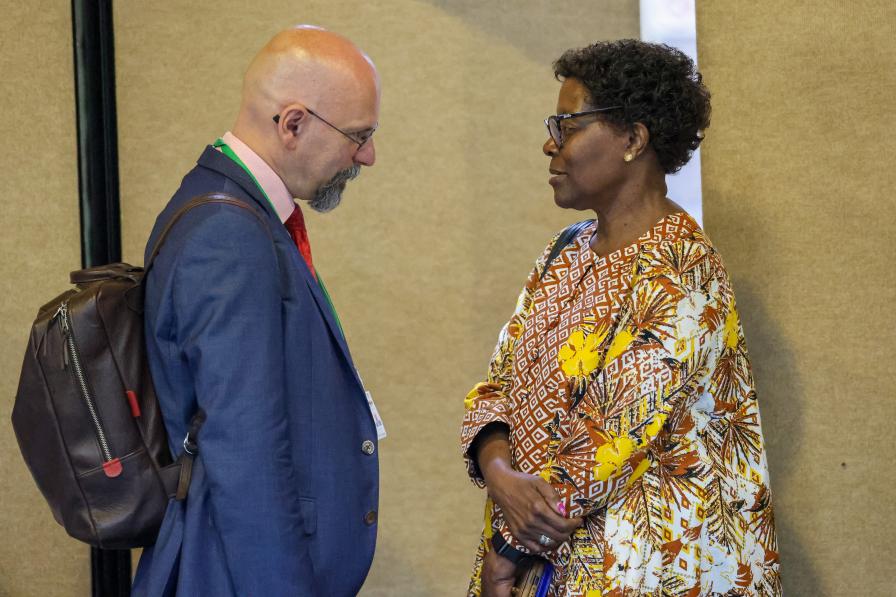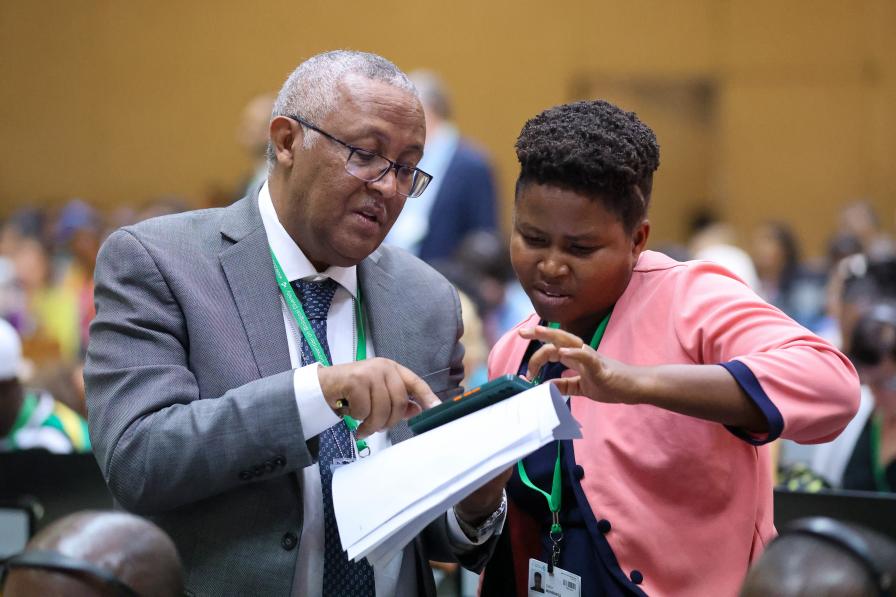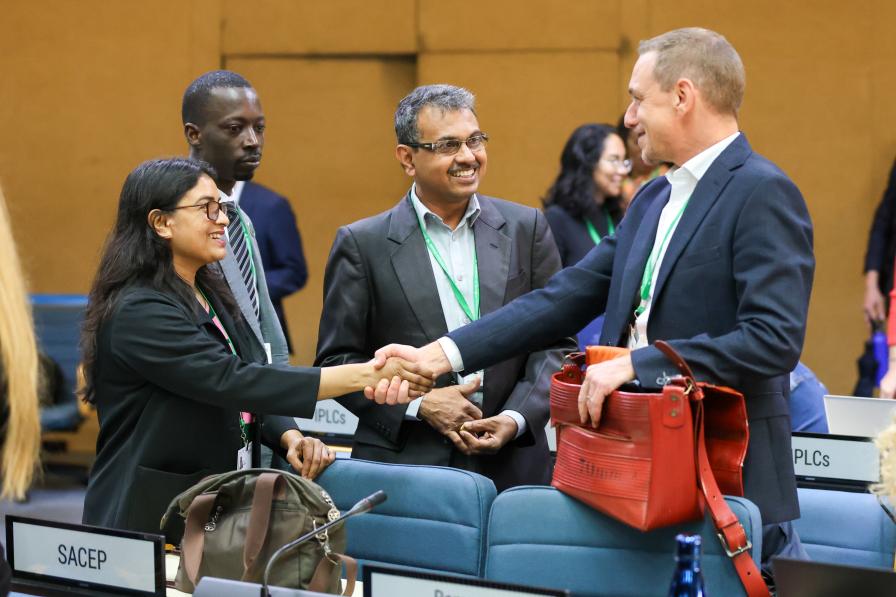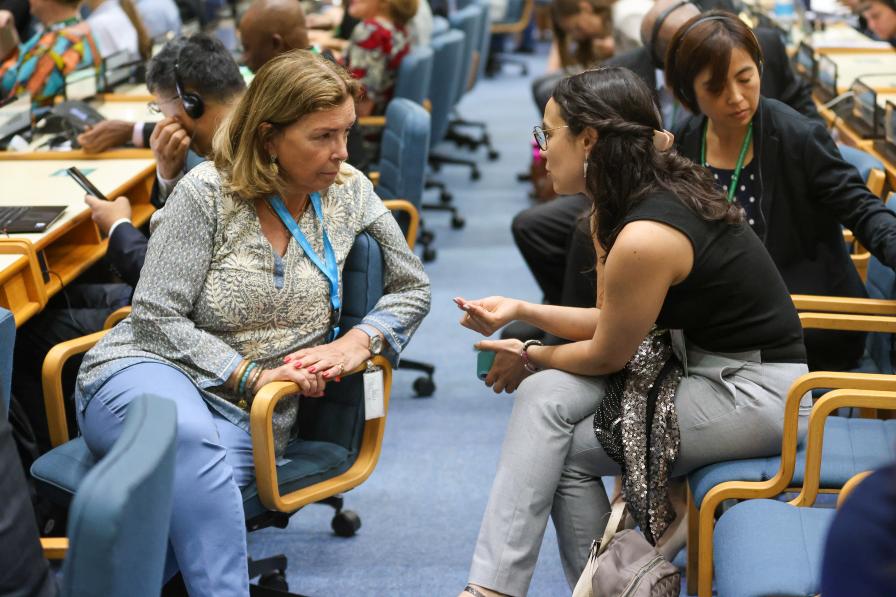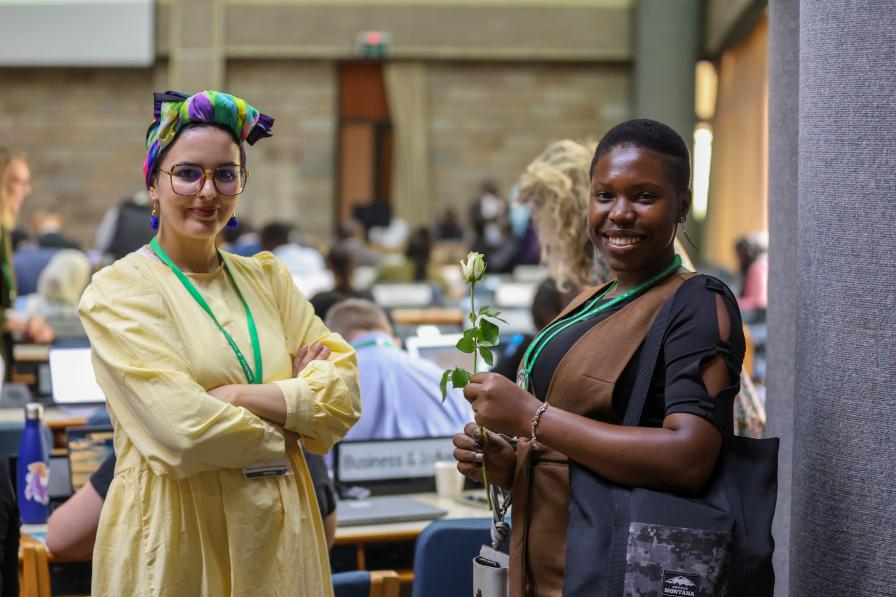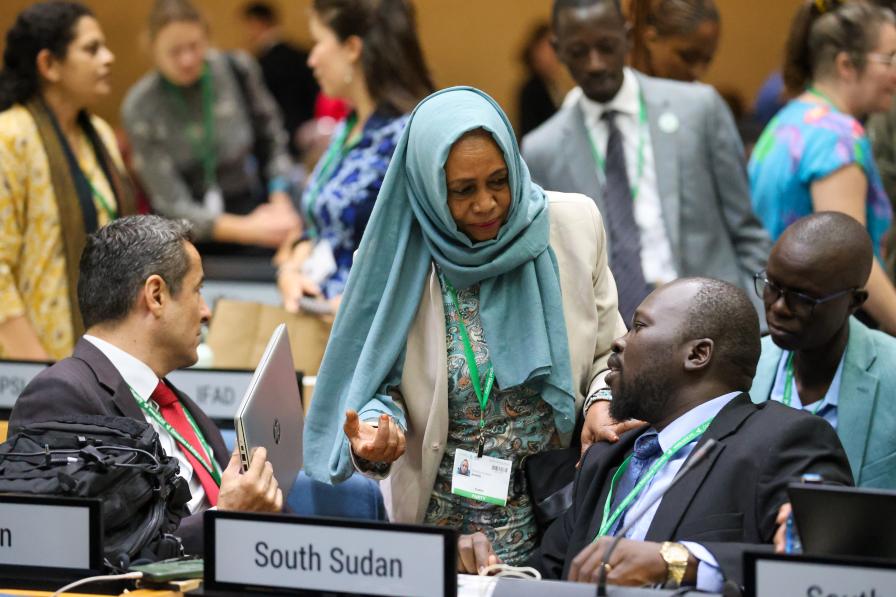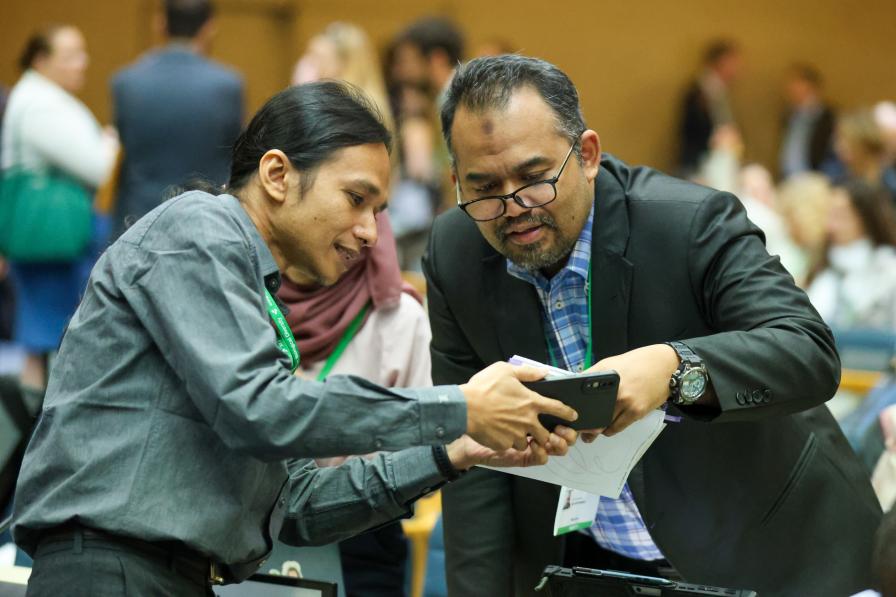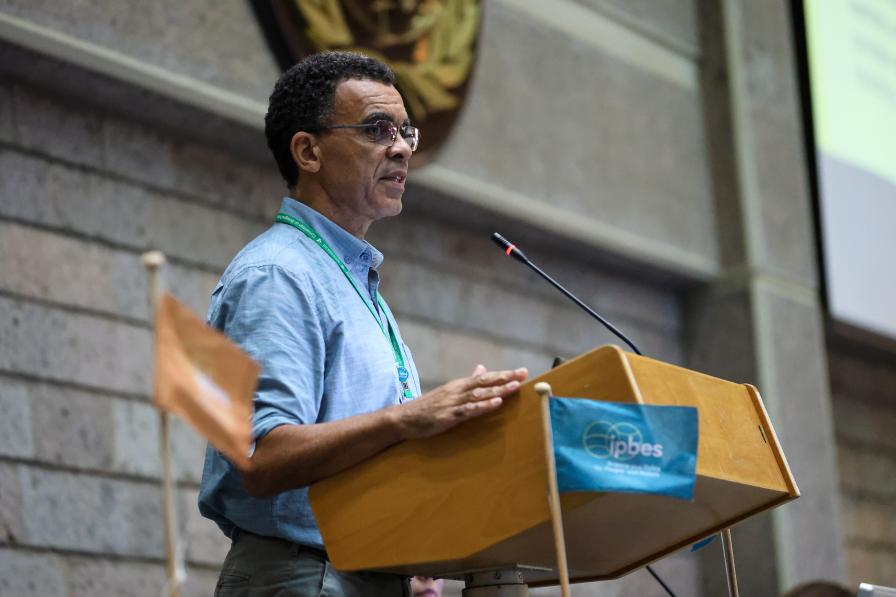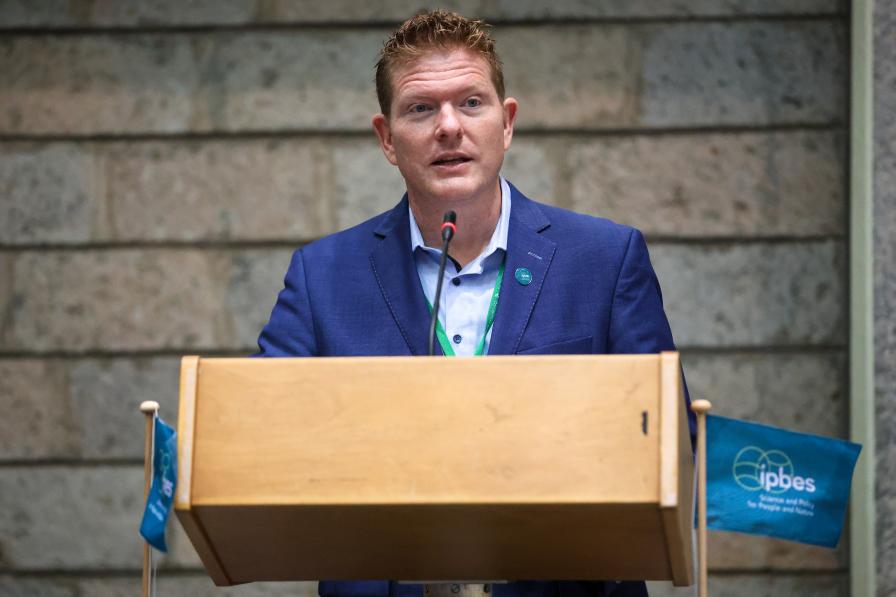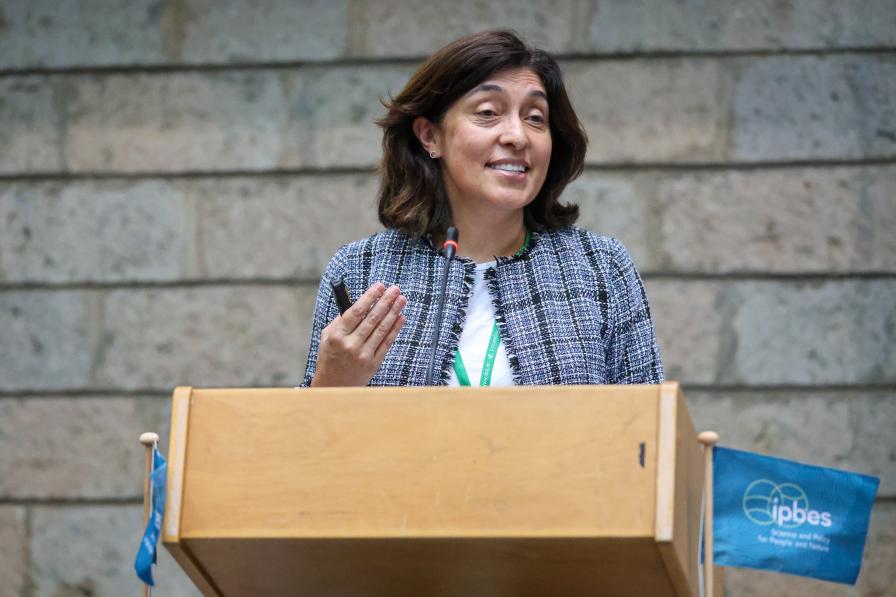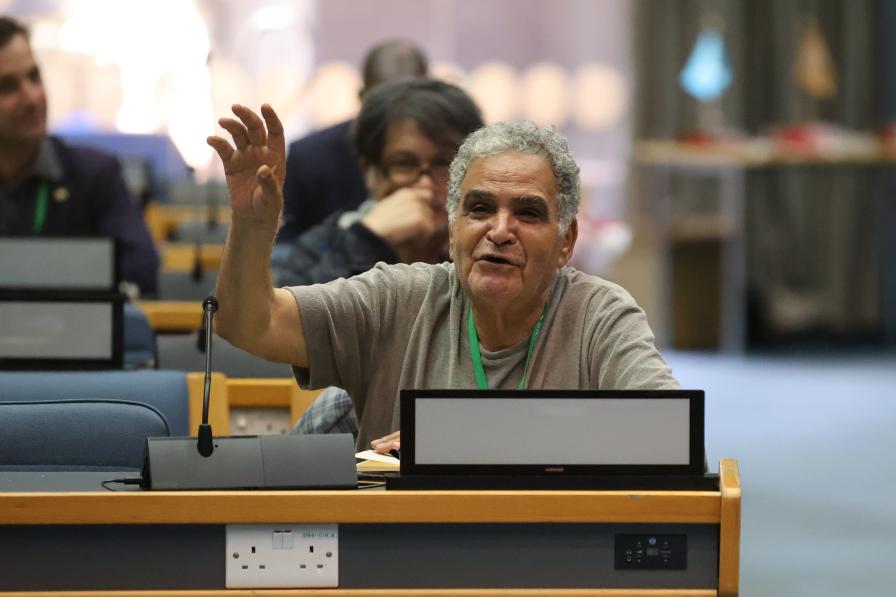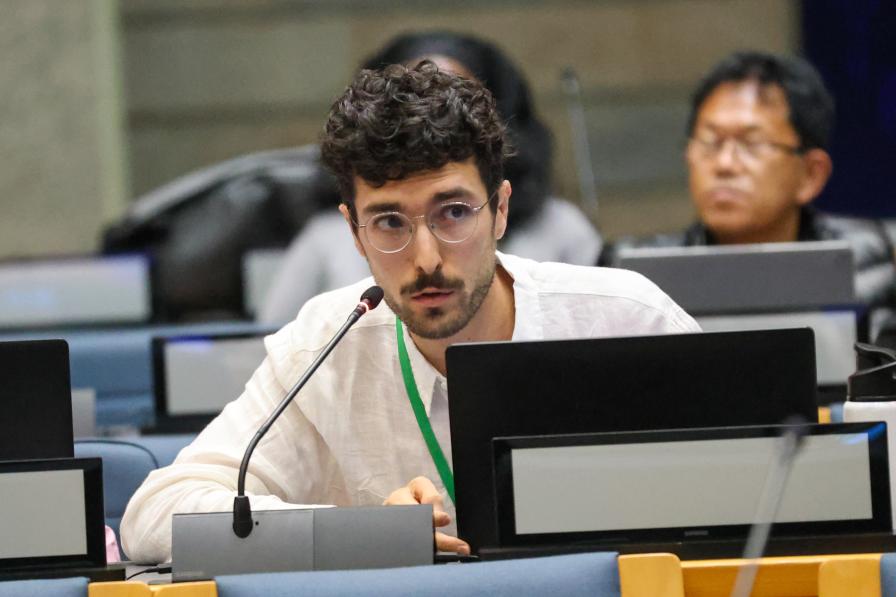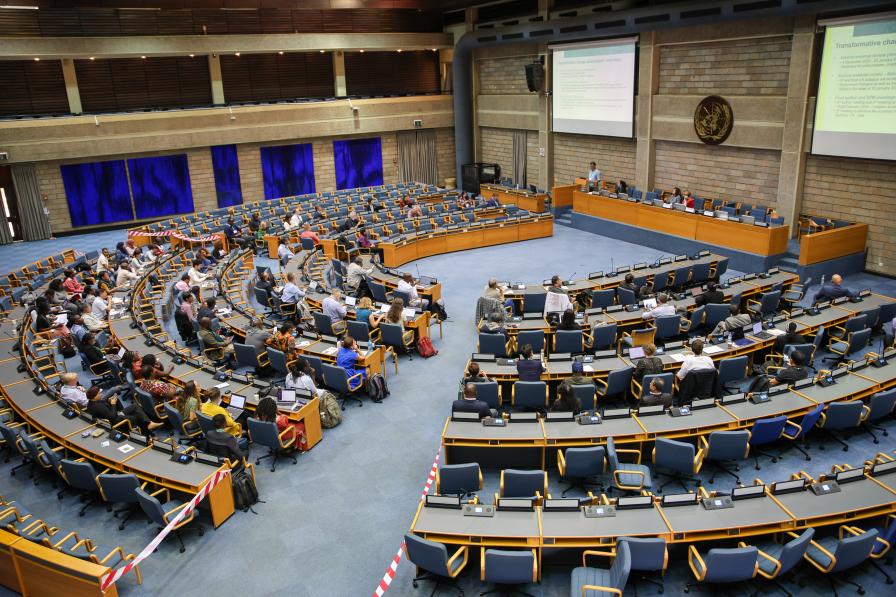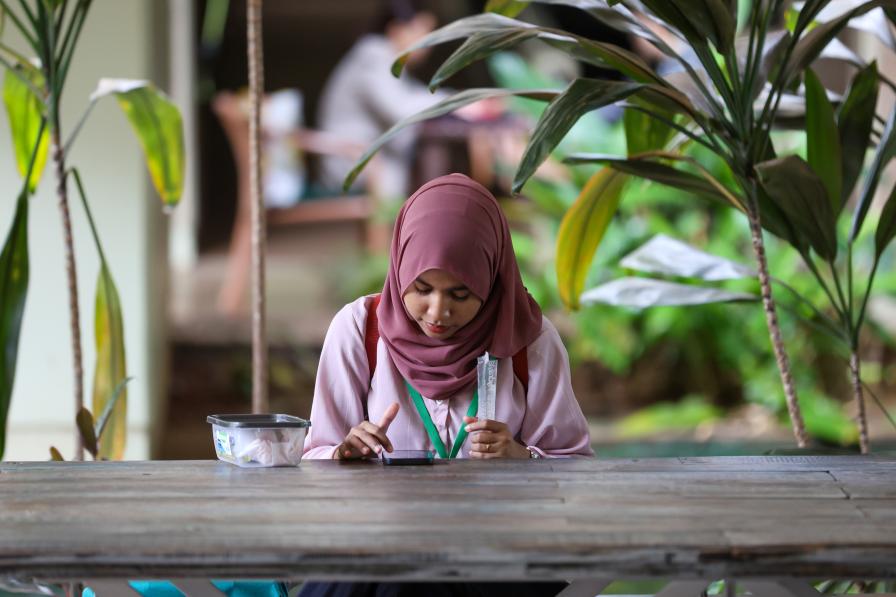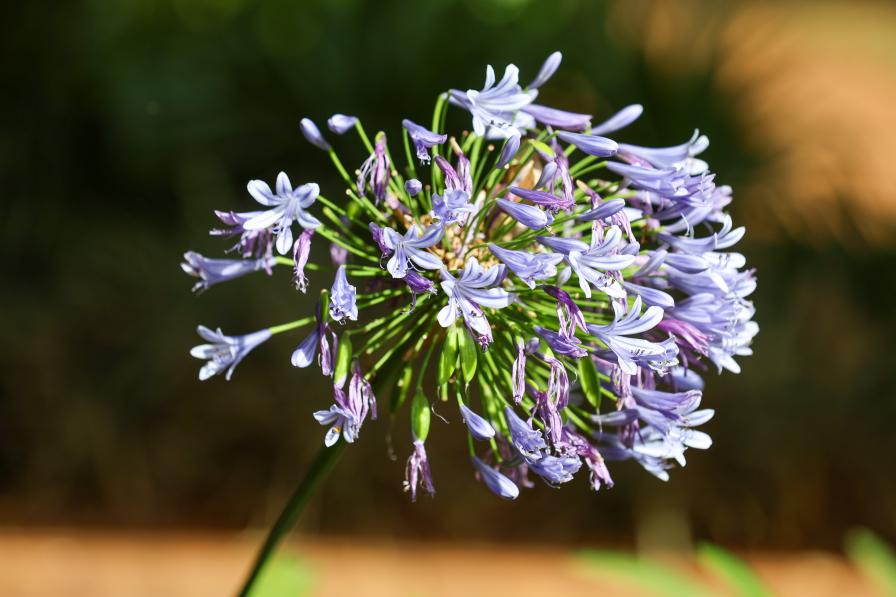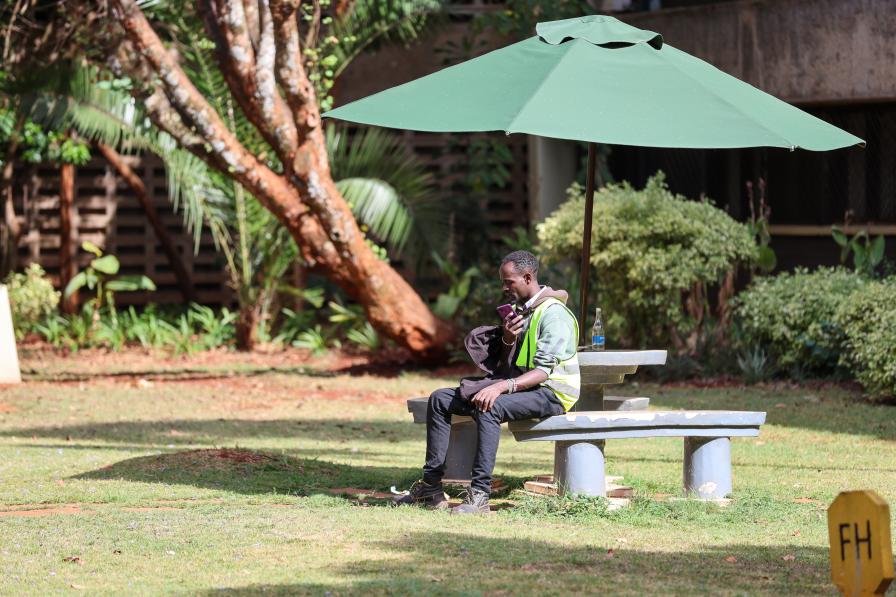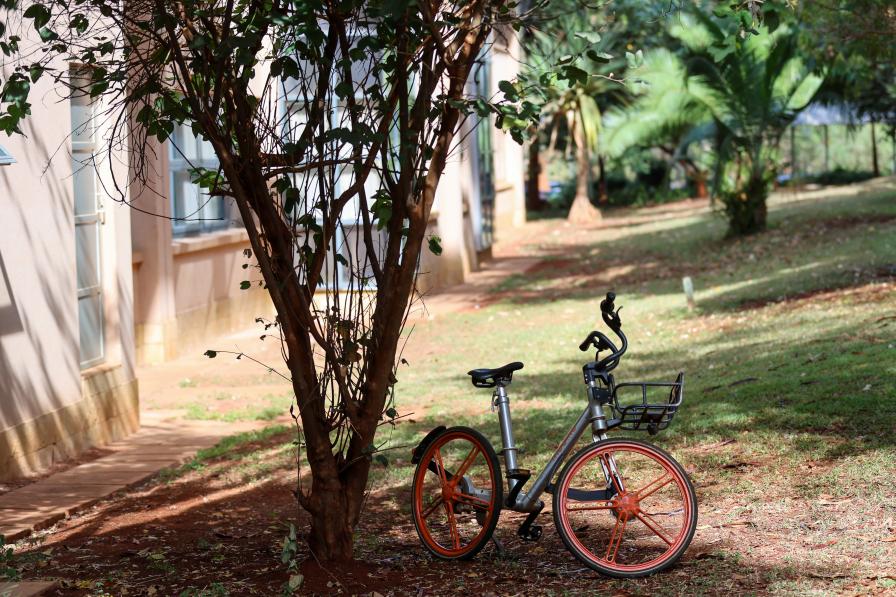Addressing biodiversity loss and climate change concurrently is imperative due to the interconnected nature of both crises. Climate change disrupts ecosystems, contributing to increased biodiversity loss, while biodiversity plays a crucial role in regulating climate and enhancing ecosystem resilience.
This topic was the focus of the second day’s discussions at the twenty-fifth meeting of the Subsidiary Body on Scientific, Technical and Technological Advice (SBSTTA 25) of the Convention on Biological Diversity (CBD).
Want to dig deeper? Read the Earth Negotiations Bulletin daily report.
This discussion took shape during deliberations on the assessments conducted by the Intergovernmental Science-Policy Platform on Biodiversity and Ecosystem Services (IPBES), and the implications of the Sixth Assessment Report of the Intergovernmental Panel on Climate Change (IPCC AR6) and their importance on the Convention’s work programme and implementation of the Kunming-Montreal Global Biodiversity Framework (GBF).
Findings from IPBES Assessments
Anne Larigauderie, Executive Secretary, IPBES, highlighted three assessments adopted at the ninth and tenth sessions of IPBES:
- Methodological Assessment Report on the Diverse Values and Valuation of Nature (Values assessment);
- Thematic Assessment Report on the Sustainable Use of Wild Species (Sustainable Use assessment); and
- Thematic Assessment Report on Invasive Alien Species (IAS) and their Control (IAS assessment).
Helen Roy, Co-Chair, IAS assessment, noted that this first comprehensive global report presents compelling evidence for immediate and urgent control of IAS. Delegates called for capacity building and technical and financial assistance for national IAS assessments, among others. They also highlighted the links to human health and trade.
Mike Christie, Co-Chair, Values assessment, said their analysis will contribute to GBF implementation by shifting all decisions towards better values-centred outcomes for people and nature. Delegates underscored the importance of including Indigenous Peoples and local communities and their knowledge systems.
Maria Emery, Co-Chair, Sustainable Use assessment, presented key elements towards building a common vision for sustainable use and transformative change in human-nature relationships. Some delegates noted the need to scale the assessment findings to national and regional level implementation.
Findings from IPCC AR6
Delegates emphasized that climate change is the main driver of the loss of biodiversity and urged promoting synergies in tackling both. They supported Nature-based Solutions (NBS) and Ecosystem-based approaches (EBA) as means to address these crises.
Invasive Alien Species
While this issue was addressed as a separate agenda item, several delegates called for merging the SBSTTA draft resolutions with those on the IPBES IAS assessment. There was overall support for the draft voluntary guidance and advice on various matters related to IAS which will support GBF implementation. Delegates also supported, among others:
- prevention of introduction and establishment of IAS;
- promoting awareness raising, education, and capacity building;
- ensuring risk assessments consider Indigenous and local knowledge; and
- international cooperation to address the impacts of IAS.
Sustainable Wildlife Management
This topic focused on an analysis of the Voluntary Guidance for a Sustainable Wild Meat Sector, to identify areas that might require complementary guidance. Delegates pointed to complementarities with the IPBES Sustainable Use assessment. They called for prioritization of, among others: freshwater habitats; species that provide food and fuel; and terrestrial species affected by poaching.
SBSTTA 25 delegates remained steadfast in their attempt to complete the day’s packed agenda, in spite of the rainy and gloomy morning weather. Synergy was high in the minds of the delegates as they endeavored to find a common thread in issues of climate change, IAS, and sustainable wildlife management. Whether their efforts to merge the biodiversity and climate change communities will be rewarded remains to be seen, as they prepare for Wednesday’s contact group discussions.
To receive free coverage of global environmental events delivered to your inbox, subscribe to the ENB Update newsletter.
All ENB photos are free to use with attribution. For the 25th Meeting of the CBD Subsidiary Body on Scientific, Technical, and Technological Advice (SBSTTA 25) and Resumed Second Part of the 15th Meeting of the CBD Conference of the Parties, please use: Photo by IISD/ENB | Mike Muzurakis.
